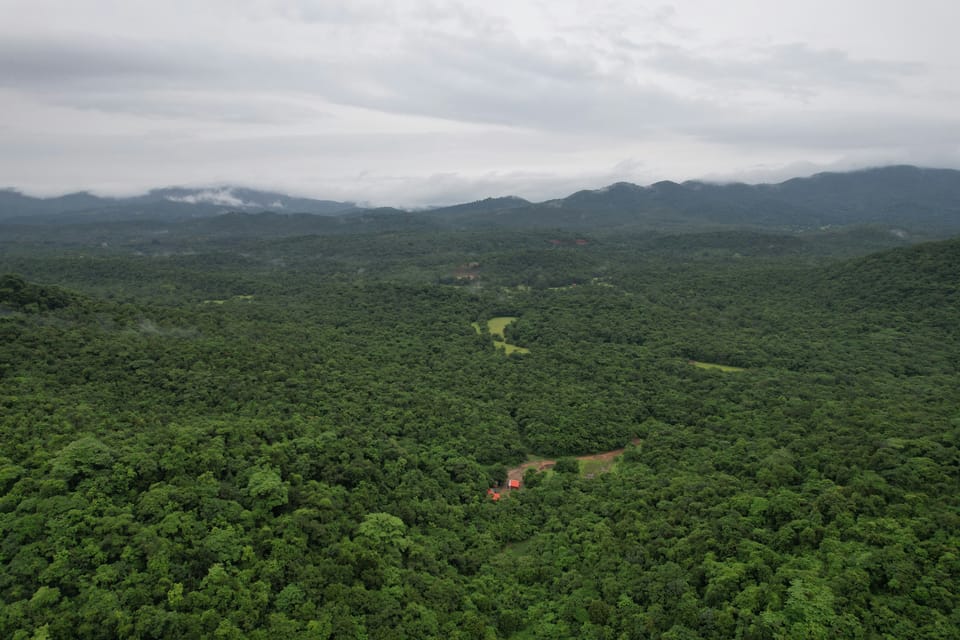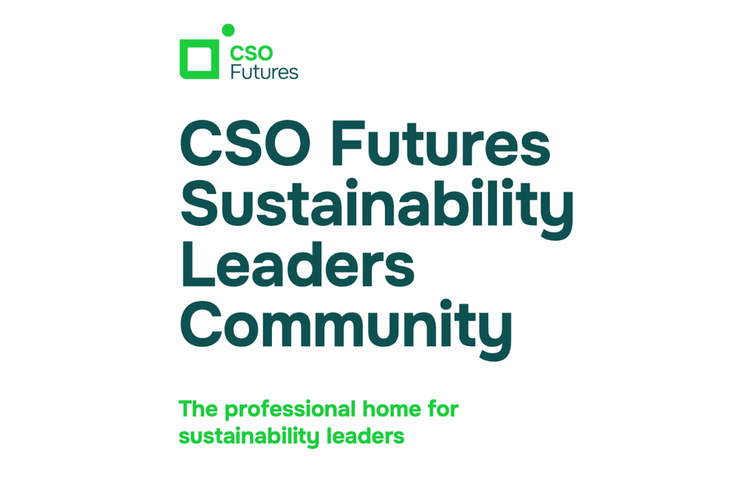Nearly a quarter of carbon credits retired in 2024 came from ‘problematic’ projects
The effect of carbon market integrity initiatives is yet to be felt.

An analysis of the carbon credits retired in 2024 has found that 47.7 million of them came from 43 “problematic” projects, meaning they are not likely to lead to the promised emissions reductions.
These 43 projects alone account for nearly one-quarter of the voluntary carbon market, but the study published by Corporate Accountability suggests that 80% of the offsets retired last year could be considered “problematic”.







